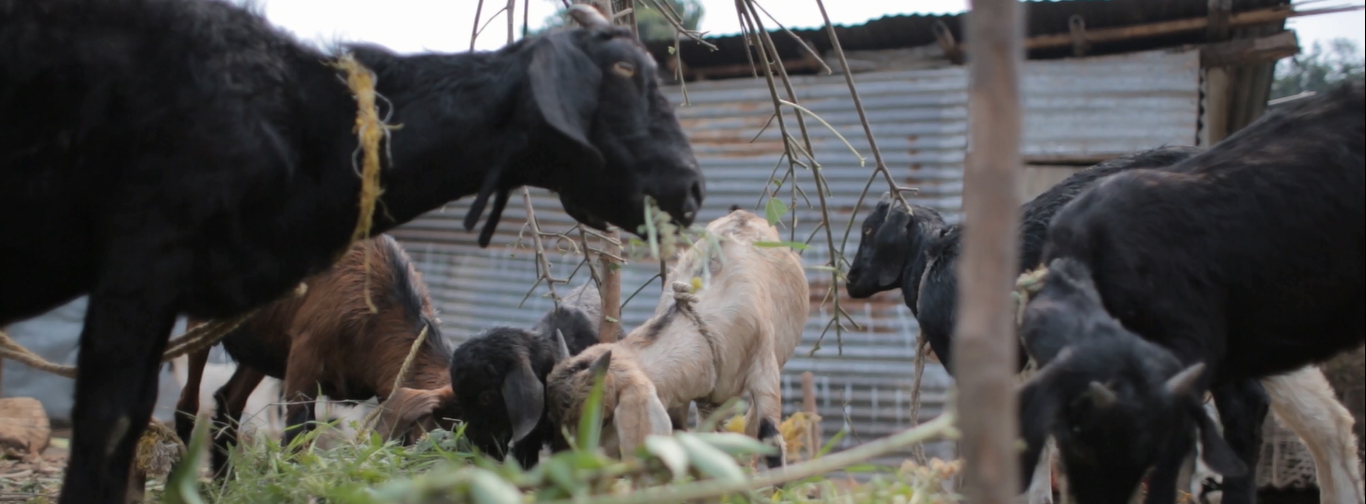
IN- Nepal Livelihood Project priorities:
Livestock farming:
Livestock’s are the main assets of rural farmers. Many poor farmers are depending on livestock for managing their livelihoods. Farmers are raring/farming livestock’s traditionally which means they know how to take care of animals somehow but lacking proper management techniques to make more benefits. IN – Nepal Livelihood project wants to enhance farmer’s capacity for the livestock management and also support (vulnerable & marginalized farmers) goats, cow, buffalo, pig etc. as of farmer’s interest & geographical situation.
Chicken farming:
Chicken farming is one of the growing business in Nepal. In the rural area there is also a good demand of chicken meat & egg therefore some farmers are showing interest to start chicken farming. IN – Nepal is just assisting selected farmers for the initial startup support and linking those farmers to the vendors and government offices. IN – Nepal livelihood project do proper counseling’s before any support than after support do regular monitoring.
Organic farming:
Organic farming is the priority for the livelihood intervention of IN- Nepal because IN- Nepal concerned about environment protection, climate change and people health because of this IN- Nepal emphasis of organic farming promotion. Inorganic product consumption hampers our health and environment.
Value chain development:
IN- Nepal want’s farmers/bonfires are economically empowered for this project interventions are focuses on value chain development. IN- Nepal wants to work with all value chain actors to make reasonable benefits to each. Marginalized & venerable farmers could be united in the groups or do individually but they should be in the chain. Collective effort brings good results. IN- Nepal’s mainly focuses on value chain system strengthening.
Disaster risk reduction & adaptation:
Disaster is not in owns control. It happened unknowingly but as a human being we should learned from our past than plan for future. We can reduce vulnerabilities through developing capacity and applying recommended technology. Earthquake, landslide, flood, fire, hell stone, lightning, snow, drought, epidemic and so on are the disasters. IN – Nepal do relief, response, apply adoptions measures to reduce disaster risk. Awareness activities, support system strengthening, community level disaster responses committee formation & capacity enhancement are the priority of IN-Nepal.
Commercial vegetables farming:
Commercial vegetables farming is one of the good income generating options for the poor frames. Fresh vegetables demand is very high if it could be don organically & off season there will be good price. IN – Nepal focuses on commercial vegetables production especially to empower women. For commercial vegetables farming new inputs, technology & improved/recommended verities will be supported to the farmers. Tunnel farming, sprinkler irrigation, vermin compost, organic pesticides & improved shed and compost are the means to promote commercial vegetables farming. Market analysis/small study is done before doing farming because it will be easy going with findings/recommendations for the production.
House hold level nutrition promotion:
Malnutrition is one of the major problem in children and women in rural area. Unviability of nutritious food or they know how to prepare nutritious food from available food in their house. Making super flow, food utilization, food diversification, proper cooking techniques, food processing are the interventions which IN – Nepal is thinking in this house hold level nutrition promotion. Not only utilization aspects IN – Nepal also promote home stated gardening i.e. kitchen gardening throughout the year.
Groups & cooperatives development:
IN – Nepal focuses on long-term sustainability of its interventions as well as transformation/replication. For this intuitional development plays vital role therefore IN- Nepal gives emphasis on groups and cooperatives development. Capacity enhancement of them will be major interventions and as well as linking with different stakeholders, affiliation, accountability & governance promotion, and advocacy are another area of support that IN- Nepal could do.
Small business & income generations:
People has idea & skills but lacks resources to do business. In such situation IN-Nepal could play a key role to make him/her plan goes in operation. For this IN-Nepal can provide business planning trainings, business classes – to groups, link to the market actors/business houses & also go grants support as a startup support in kinds. Regular follow-up/monitoring and providing instant feedback for the business improvement are the area in which IN-Nepal can play role.
Vocational skills development & startup support:
Especially the youths and land less people are unwilling to be involved in the agriculture field but their energy is vital to make batter livelihoods of their family. Realizing this IN- Nepal also provide off farm – vocational skills development training in different trades (as per individual interest & market demand) and start up support for self-employment.
